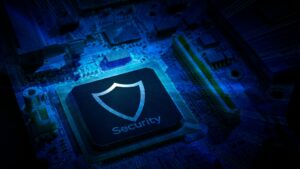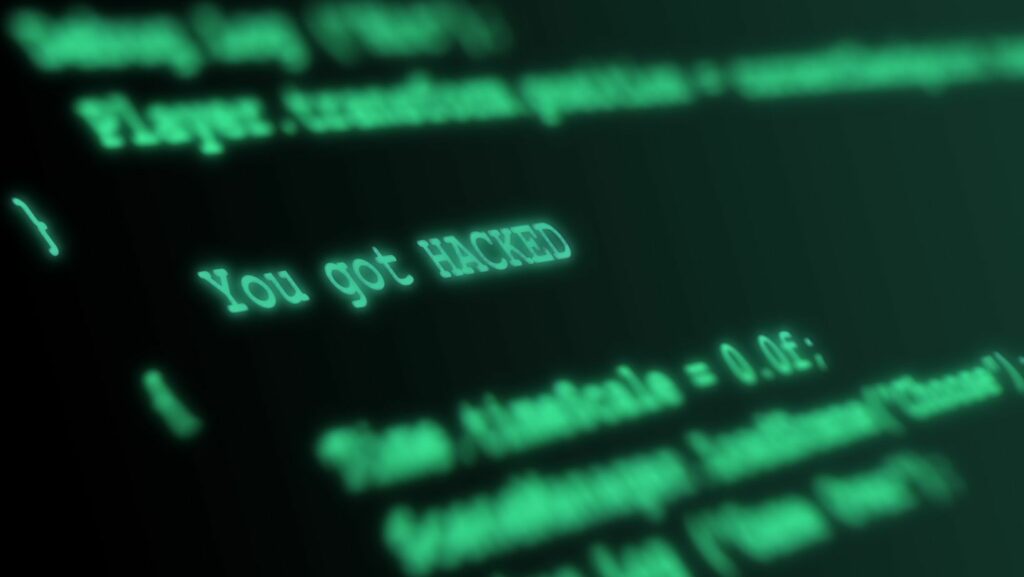Key Takeaways
- Skill Development: Cybersecurity competitions provide a structured environment for participants to enhance their problem-solving and technical skills through practical, real-world scenarios.
- Diverse Formats: Events range from Capture the Flag contests to Red Team versus Blue Team exercises, catering to various interests and skill levels while addressing different cybersecurity challenges.
- Community Building: These competitions foster connections among aspiring cybersecurity professionals, promoting collaboration and networking opportunities within the industry.
- Industry Relevance: Competitions adapt to current cyber threats, ensuring participants stay updated on the latest tactics and technologies crucial for effective cybersecurity practices.
- Challenges and Learning: Participants often face skill gaps, time constraints, and team dynamics, providing valuable lessons in resilience, effective communication, and strategy under pressure.
- Career Advancement: Engaging in cybersecurity competitions can enhance resumes and provide pathways to internships and job opportunities in the cybersecurity field.
In an increasingly digital world, cybersecurity competitions have emerged as a thrilling way for individuals and teams to hone their skills and showcase their talents. These events not only challenge participants to solve complex security issues but also foster a sense of community among aspiring cybersecurity professionals.
From Capture the Flag contests to simulated cyber attack scenarios, these competitions provide a unique platform for learning and innovation. They attract a diverse range of participants, from students to seasoned experts, all eager to test their knowledge and push the boundaries of their capabilities. As threats evolve, so do the competitions, making them a vital part of the cybersecurity landscape.
Cybersecurity Competitions
Cybersecurity competitions serve as critical arenas for skill development and community engagement among cybersecurity professionals. They offer unique opportunities for participants to test their abilities in realistic scenarios.
Definition And Purpose
Cybersecurity competitions are structured events that challenge individuals and teams to solve security-related problems. These competitions aim to enhance participants’ problem-solving skills, promote teamwork, and simulate real-world cybersecurity challenges. They provide a platform for learning new techniques, sharing knowledge, and identifying talent in the cybersecurity field.
Types Of Competitions
Various types of cybersecurity competitions exist, each with distinct formats and objectives:
- Capture the Flag (CTF) contests: In CTF events, participants solve challenges to earn points by capturing virtual flags hidden within the competition environment.
- Red Team vs. Blue Team exercises: These competitions simulate offensive (red team) and defensive (blue team) strategies, allowing teams to practice real-time attack and defense tactics.
- Industry-sponsored hackathons: Organizations host hackathons focused on specific cybersecurity topics, encouraging innovative solutions to pressing security challenges.
- Policy and legal analysis competitions: These events assess participants’ understanding of cybersecurity laws and ethical considerations.
- Capture the Vulnerability challenges: Competitors identify and exploit vulnerabilities in software or systems, showcasing their understanding of security flaws.
These competitions continuously adapt to address emerging threats, fostering a culture of resilience and innovation in cybersecurity.
Popular Cybersecurity Competitions
Numerous cybersecurity competitions enhance skills and foster community engagement. Below are some of the most recognized events in the field.
Capture The Flag (CTF) Events
 Capture The Flag events represent hands-on challenges where participants solve security puzzles. Teams or individuals compete to find hidden flags in a simulated environment, earning points for each flag captured. Common tasks involve cryptography, reverse engineering, and web exploitation. These events, often hosted by universities or organizations, provide an engaging way to practice and showcase cybersecurity skills.
Capture The Flag events represent hands-on challenges where participants solve security puzzles. Teams or individuals compete to find hidden flags in a simulated environment, earning points for each flag captured. Common tasks involve cryptography, reverse engineering, and web exploitation. These events, often hosted by universities or organizations, provide an engaging way to practice and showcase cybersecurity skills.
The Collegiate Penetration Testing Competition offers students a platform to demonstrate their penetration testing abilities. Teams of college students engage in realistic scenarios where they identify vulnerabilities in simulated corporate networks. The event evaluates team performance based on their methodologies, documentation, and presentation skills. CPTC helps foster relationships between academia and industry while promoting cybersecurity career paths.
National Cyber League (NCL)
The National Cyber League focuses on skill development through competitive challenges in a virtual environment. Participants range from high school students to professionals, engaging in tasks related to networking, cryptography, and system administration. The league incorporates an educational component, providing resources for skill enhancement. NCL facilitates connections among participants, encouraging collaboration and networking within the cybersecurity community.
Benefits Of Participating In Cybersecurity Competitions
Challenges Faced In Cybersecurity Competitions
Participants in cybersecurity competitions encounter numerous challenges that can impact their performance and learning outcomes. The complexity of these events often exposes underlying issues in skillsets, teamwork, and time management.
Technical Skill Gaps
 Technical skill gaps present a significant hurdle in cybersecurity competitions. Individuals or teams may lack proficiency in specific areas, such as network security, cryptography, or reverse engineering. These deficiencies can hinder problem-solving efficiency and overall performance. To address these gaps, participants need to engage in continuous learning through workshops, online courses, and hands-on practice. By building a robust technical foundation, competitors enhance their ability to tackle diverse challenges effectively.
Technical skill gaps present a significant hurdle in cybersecurity competitions. Individuals or teams may lack proficiency in specific areas, such as network security, cryptography, or reverse engineering. These deficiencies can hinder problem-solving efficiency and overall performance. To address these gaps, participants need to engage in continuous learning through workshops, online courses, and hands-on practice. By building a robust technical foundation, competitors enhance their ability to tackle diverse challenges effectively.
Time Constraints
Time constraints are a common challenge in many cybersecurity competitions. Participants must solve complex tasks within strict deadlines, which can create pressure and stress. This urgency may lead to rushed decisions and decreased attention to detail. To mitigate these effects, effective time management strategies come into play. Competitors should prioritize tasks based on difficulty and time required, allowing for a structured approach that maximizes productivity during the competition.
Team Dynamics
Team dynamics significantly affect collaboration and performance in cybersecurity competitions. Differing skill levels, communication styles, and conflict resolution strategies can lead to inefficiencies. Groups that lack cohesion may struggle to leverage each member’s strengths, ultimately impacting outcome quality. Establishing clear roles and open lines of communication helps teams function more effectively. Additionally, practicing teamwork in less pressured situations can foster stronger relationships and enhance overall performance in a competitive setting.
Skill Development and Community Building
Cybersecurity competitions are more than just contests; they’re vital platforms for skill development and community building. As the landscape of cyber threats evolves, these events play a crucial role in preparing individuals for real-world challenges. Participants gain hands-on experience that enhances their technical abilities and fosters collaboration among peers.
By engaging in various formats like Capture the Flag and penetration testing competitions, aspiring professionals can sharpen their problem-solving skills and adapt to emerging threats. The benefits extend beyond personal growth, opening doors to career opportunities and networking within the cybersecurity field. As these competitions continue to grow in popularity, they’ll remain an essential element in the ongoing battle against cybercrime.

